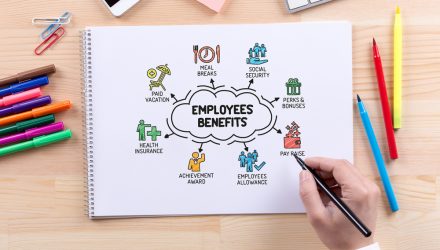A lot of focus has been placed on the environmental aspect when investors consider environmental, social, and governance principles. Now, the Securities and Exchange Commission is eyeing the social aspect as it seeks out how well companies are treating their employees.
Securities and Exchange Commission Chair Gary Gensler is asking SEC staff to consider a “human capital” disclosure requirement for public companies, CNBC reports.
“Investors want to better understand one of the most critical assets of a company: its people,” Gensler said in a tweet.
“This could include a number of metrics, such as workforce turnover, skills and development training, compensation, benefits, workforce demographics including diversity, and health and safety,” he added.
The relationship between employees and employers go hand in hand. In the current tight labor market, major corporations have been raising wages and benefits to attract workers.
“Investing in the workforce is the No. 1 issue in the public mind and it is increasingly top of mind for companies,” Martin Whitaker, CEO of ESG specialist JUST Capital, told CNBC.
“That group of issues is going to be a defining one, as defining as climate,” Whitaker added. “If they are not investing in their workers then the value creation for shareholders will be affected long-term. It’s inherently a business case. … I haven’t met with a CEO who doesn’t believe it part of the path to success. It will keep coming back. It’s a massive issue.”
As more attention is placed on ESG criteria, investors are becoming aware of the underlying factors that companies are ranked upon, such as the treatment of workers in a company’s long-term outlook. However, ESG and labor experts have warned that under ESG standards, the social and governance factors tend to be both vague and broad.
“There is so much work to be done in ESG around employees,” Sarah Kalloch, Good Jobs Institute executive director, told CNBC. “Putting them [employees]under the S is a little convoluted. S becomes this monster of super important metrics, from safety to supply chain data security to worker pay.”
For more news, information, and strategy, visit the ESG Channel.

